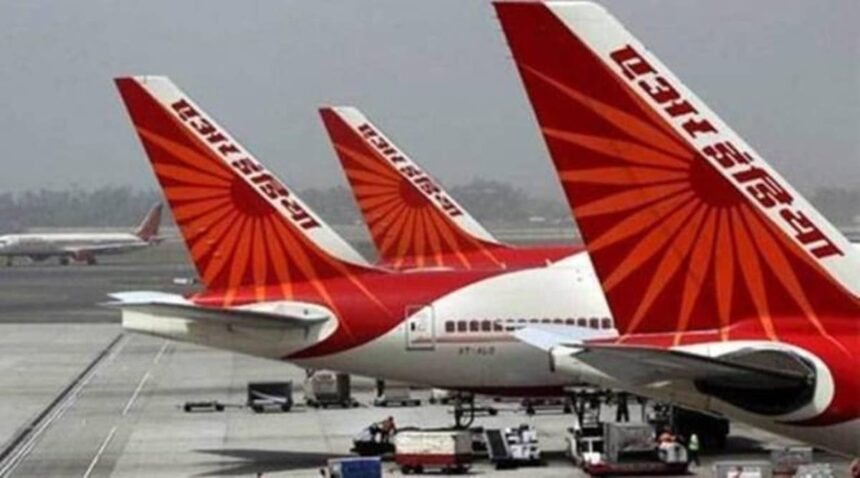Amid the backlash against Turkey in India over the former’s open support for Pakistan, India’s aviation safety watchdog Directorate General of Civil Aviation (DGCA) has directed Turkish Airlines to ensure full compliance with international civil aviation standards and practices as well as DGCA regulations. The directions follow inspections of the carrier’s passenger and cargo flights at four Indian airports, which revealed some lapses, including improper and incomplete paperwork for carriage of “dangerous goods”.
The past few weeks have seen a growing clamour for a boycott of Turkey and review of Turkish firms’ presence in India in the wake of Operation Sindoor. The aviation sector has found itself at the centre of deteriorating relationship between India and Turkey. The Indian government has already revoked the security clearance of Istanbul-headquartered airport ground handling major Celebi, effectively bringing its India operations to a halt overnight. IndiGo will be terminating its damp lease arrangement for two Turkish Airlines aircraft within three months, and Air India plans to gradually stop using the services of Turkish Technic for heavy maintenance of some of its wide-body aircraft.
The DGCA conducted safety oversight and ramp (SOFA/RAMP) inspections of Turkish Airlines’ passenger and cargo flights at , , , and from May 29 to June 2. According to the regulator, the inspections were carried out to ensure compliance with both international and national safety regulations. The DGCA will conduct follow-up inspections “as necessary to ensure continuous safety oversight”.
Among other gaps, the inspection found that in one instance, the cargo on one of the Turkish Airlines planes contained “dangerous goods” for which permission is required from the DGCA—for carriage of explosives to or from or over India. However, the permission was “not found to be attached nor was it mentioned in the dangerous goods declaration” for the cargo, the Ministry of Civil Aviation said in an official release. It did not, however, provide details of the exact nature and volume, and the other specifics of the “dangerous goods” or “explosives”.
Other lapses observed by the DGCA included the absence of a service level agreement between Turkish Airlines and its ground handling agent at Hyderabad and Bengaluru airports—Globe Ground India—which is providing services to the airline following the suspension of Celebi’s operations.
“Equipment such as ladders, step ladders, trolleys, and ground power units lacked proper accountability and monitoring at Hyderabad and Bengaluru, where Globe Ground India was providing ground services without formal handover from Celebi,” MoCA said.
“At Bengaluru, the marshaller handling ground operations lacked proper authorization and a valid competency card for marshalling functions… During the arrival of the aircraft, aircraft maintenance engineer was unavailable, and the arrival procedure was carried out by a technician instead. M/s Airworks is the authorized engineering service provider for Turkish Airlines,” MoCA said, listing the other lapses overserved during the DGCA inspections.
“The DGCA emphasizes its unwavering commitment to ensuring the safety and regulatory compliance of all foreign operators within Indian airspace. Turkish Airlines has been directed to address these findings promptly and ensure full compliance with ICAO (International Civil Aviation Organization) Standards and Recommended Practices as well as DGCA regulations. Further follow-up inspections will be conducted as necessary to ensure continuous safety oversight,” the release said.







